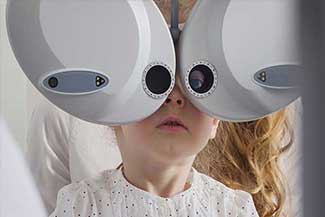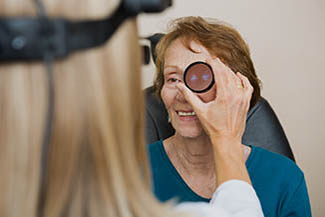What Causes Low Vision?
While commonly associated with seniors over the age of 60, low vision can also affect children and adults of all ages. Certain birth defects or medical conditions – regardless of age – can cause low vision and negatively impact one’s quality of life. Dr. Peter DeGraziano, OD, FAAO, FIALVS can help patients from all over California with the following low vision conditions to engage in the activities they enjoy, such as reading, writing, watching films, and diving, among others.


















